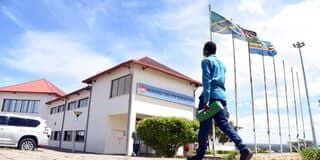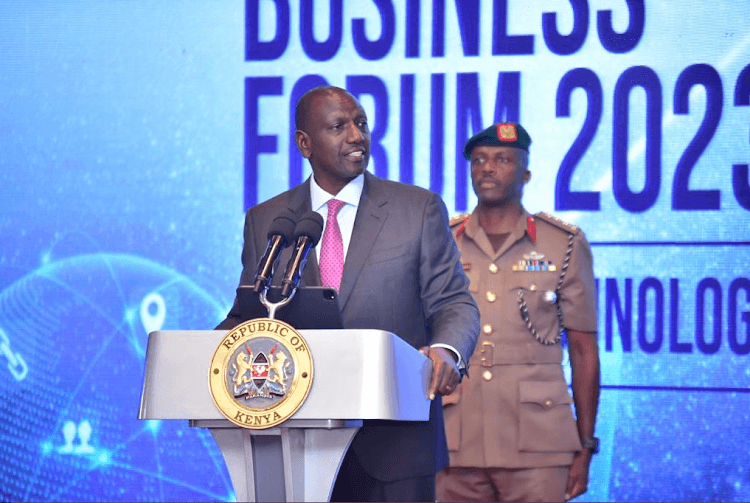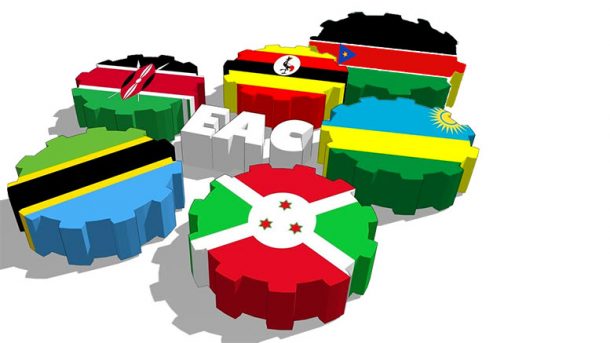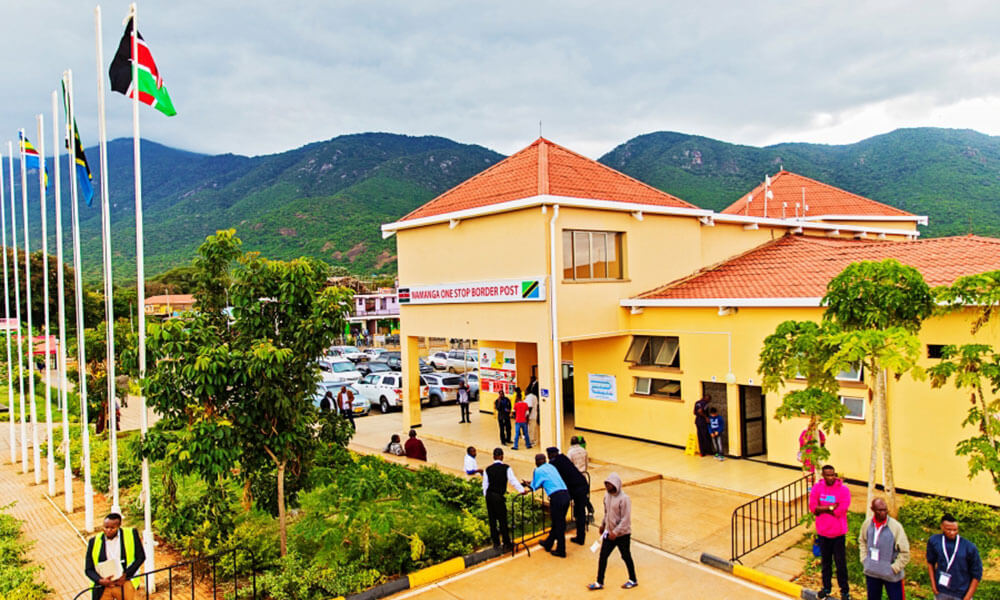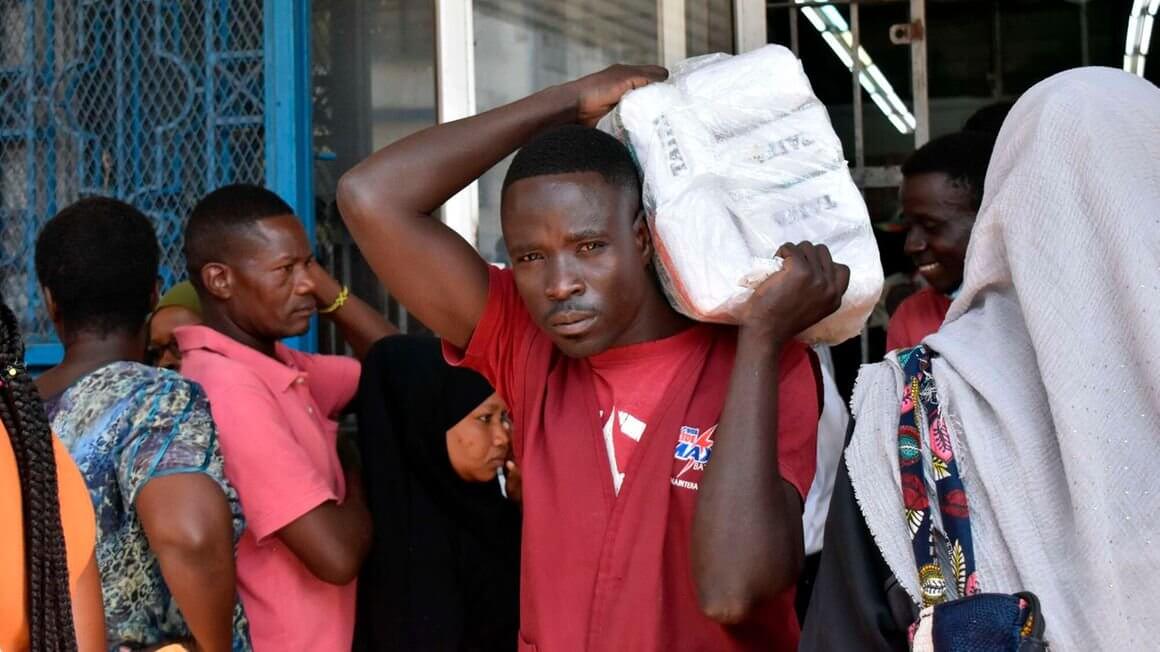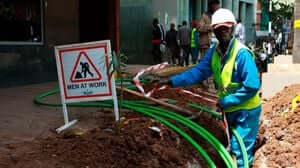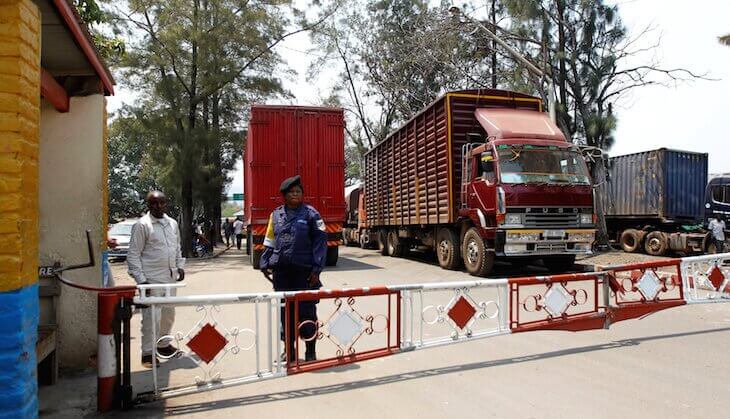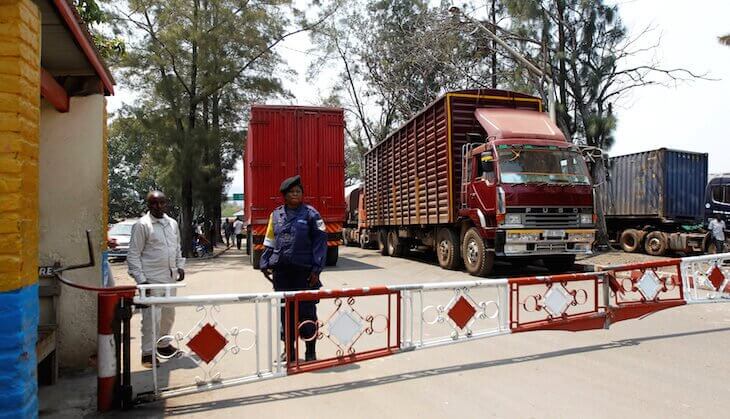The real gains from any socioeconomic initiative are as good as the benefits they convey to the targeted beneficiaries. The same applies to the East African Community (EAC). Thus the leadership of the regional bloc owes its collective citizenry the duty of making known why it is potentially beneficial to them. The idea behind regional blocs—or regionalism, as those more inclined to scholarly exploits like calling it—is premised on a number of imperatives. Foremost among them are relative geographic proximity and shared cultural, economic and political objectives. The confluence of shared interests is a key rationale of the geopolitical ‘camaraderie’ that anchors the justification of regional blocs. Beyond shared interests and resources, the member states owe their citizens a range of dividends extractable from trade opportunities possible in the exchange of goods and services in the region. So what should be prioritised to maximise the benefits of the EAC? Four quickly come to mind. The first two are improving the environment for cross-border trade to thrive and boosting key infrastructure, particularly transport and ICT. The others involve taking a common view on matters macroeconomic for the region and sharing resources to enhance security and the whole slew of cross-cutting social services. An enabling environment has already been created for the free exchange of goods and services in the EAC to flourish. However, a lot more needs to be done to increase the movement of people, goods and services within the region. The 300 million-strong combined population is an asset we...
It is vital to maximise dividends from the East African Community
Posted on: April 26, 2023
Posted on: April 26, 2023

